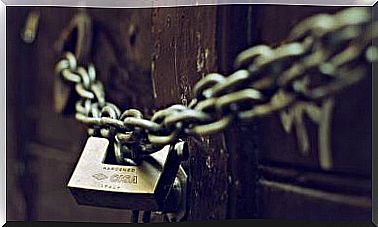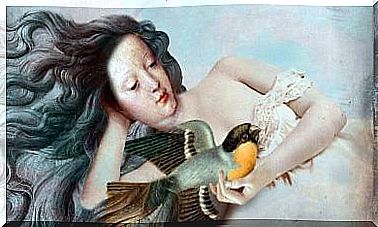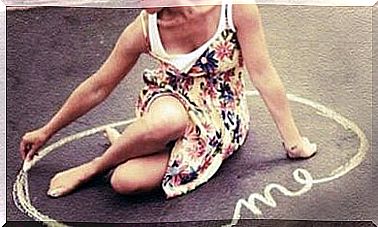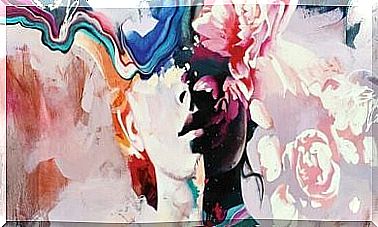The Freud-Jung Controversy
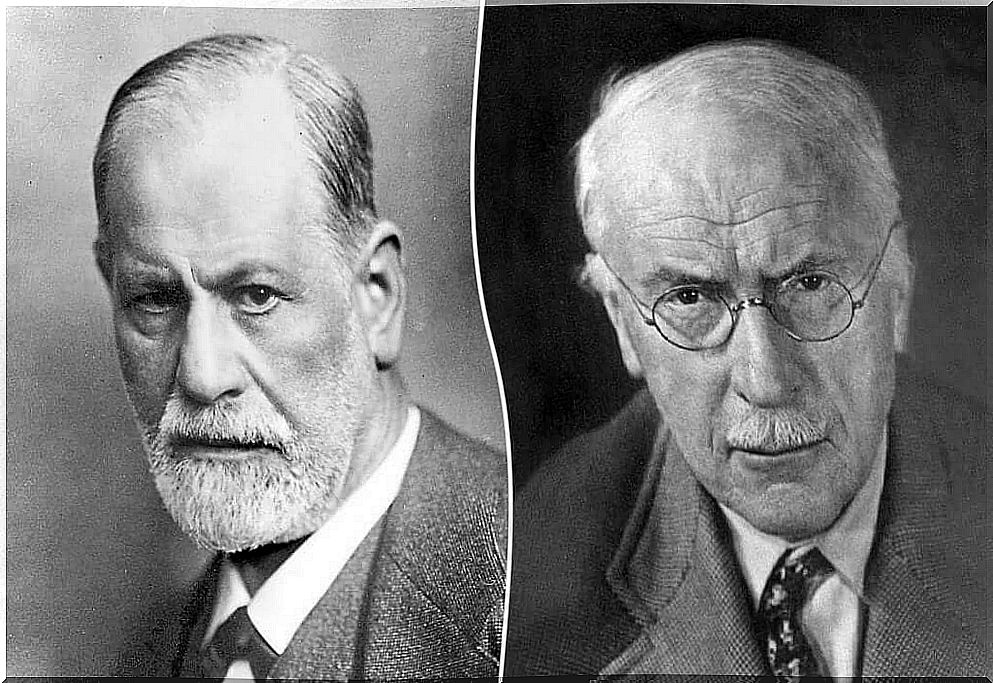
If the figure of Sigmund Freud is important to understand the origin of psychoanalysis, so is the figure of Carl Gustav Jung. Swiss psychiatrist born in 1875, he was one of the most important psychoanalysts in the birth and constitution of the psychoanalytic orientation. Today we will talk about the controversy between Freud and Jung.
Jung became interested in Freud’s work. However, at a certain point, their theoretical positions followed different paths. Carl Jung was expelled from the International Psychoanalytic Society at the time. Thus, the controversy between Freud and Jung is of great importance, especially for psychoanalytic researchers and other intellectual historians.
The controversy between the two psychoanalysts is a concrete event in the constellation of actions that shaped the psychoanalysis we know today (1). In this sky, the rhetorical and legitimizing strategies adopted by Freud and the psychoanalytic movement to institute, perpetuate and control psychoanalytic practice are of special importance. Furthermore, the segregation and expulsion of dissidents was a central issue.
How did the controversy between Freud and Jung begin?
The most solid hypothesis about Freud’s tolerance of Jung’s clear and early divergences highlights the strategic role of the Swiss psychiatrist in the consolidation and dissemination of the incipient psychoanalytic movement (2).
Apparently, the strategic importance of Jung and the Swiss for the survival of psychoanalysis had already been declared by Freud years before (2). Thus, in May 1908, Sigmund Freud confessed to Karl Abraham that “it was only because of Jung’s appearance that psychoanalysis escaped the danger of becoming a Jewish national issue.”
The most complex period of their personal relationship is said to have been around 1912. Freud, in some way, tried to refute Jung’s theories, just as he did with Adler.
This was a clear beginning of controversy among psychoanalysts. Not agreeing with his theories, Freud pointed out Jung’s contributions as unnecessary. Here a clear controversy arose between the two men that remarkably affected psychoanalysis.
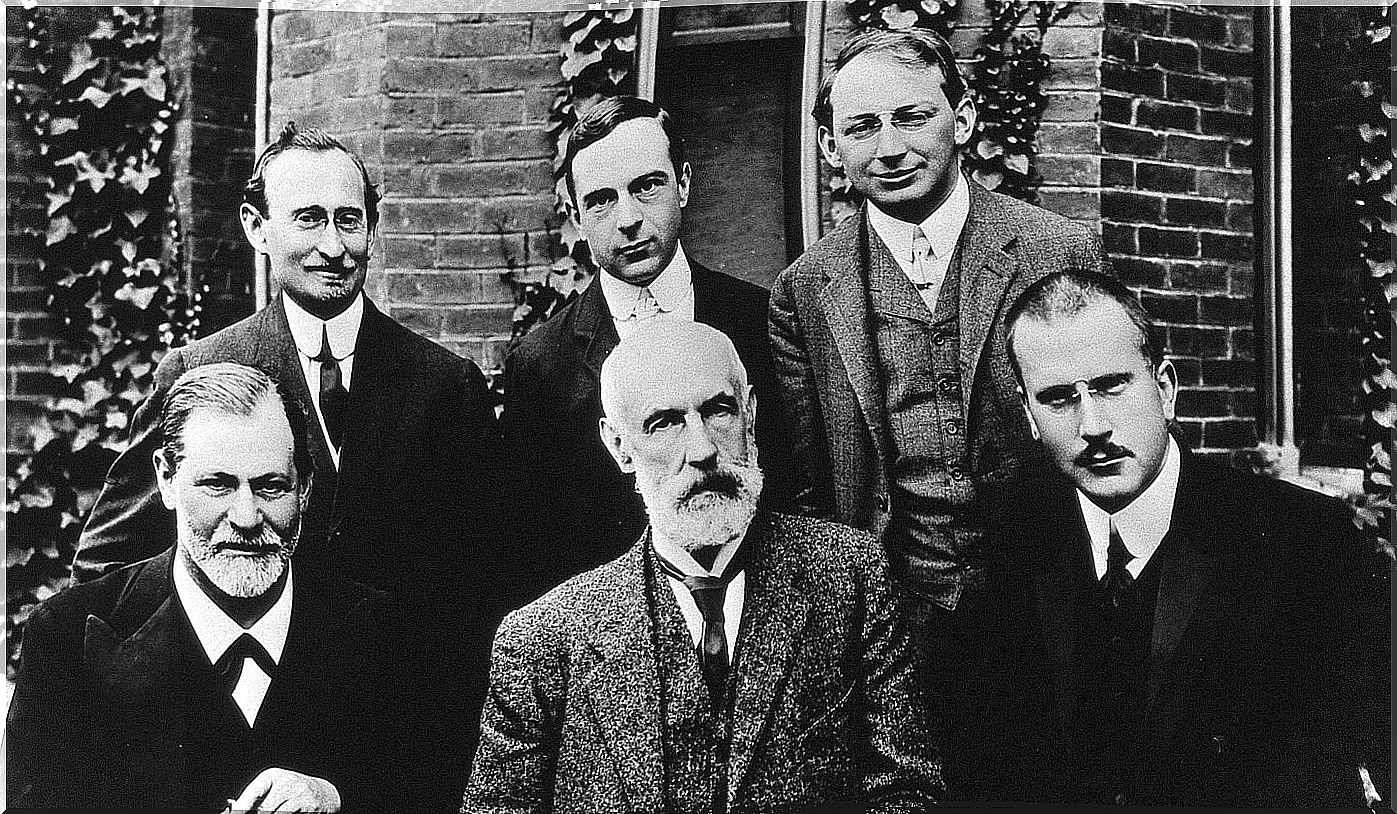
In the first letter in which Jung systematically sets out his views on the symbolic character of the incest taboo, Freud replies that he considers the innovation regressive and excessively Adlerian.
In view of this, Jung responds indignantly for having proved with sadness “that intense affective reasons contrary to my proposals arise in you” (McGuire & Sauerländer, 2012).
In this same reply, dated June 8, 1912, Jung mentions his future conferences in America. When Freud responds, he tells Jung that his interpretations of the incest and libido taboo are wrong.
Before that, Jung responds on July 18th in a negative tone. He comments with Freud that success or failure in relation to his negative judgment about innovation in matters of libido and incest would be established in “success or failure of my own work” (2).
Freud interprets the latter as “a formal renunciation of our hitherto friendly relations. I’m sorry, not so much for personal reasons, but for the future of the Vereins (association) and the cause of psychoanalysis”(3).
Four years later, in 1916, Jung published his work consisting of studies on symbolism and libido. This work was not very well received by Freud and his companions, as expected.
Conferences in America
Another event that marked the differences between the two was the conferences in America, which took place in September 1912. Jung gave a series of lectures at Fordham University, which were the subject of Freud’s objection.
However, Jung was quick to argue that he expected Freud to gradually accept his innovations, as they represented intellectual endeavors requiring objective judgment.
Jung maintained that he did not identify Freud with dogma. As he would have mentioned in his own 1912 conferences in North America, the Swiss considered that his reformulations did not imply a split in the psychoanalytic movement, since “such earthquakes can only exist in matters of faith. But psychoanalysis is dedicated to knowledge and its formulations are constantly changing”. (4)
Thus, Freud and his psychoanalytic colleagues like Ferenczi begin to speak ill of Jung. They considered him an “incomprehensible mystic, an occultist and a thepsychologist.”
Faced with this and subsequent devaluations of Jung’s work, it manifests itself:
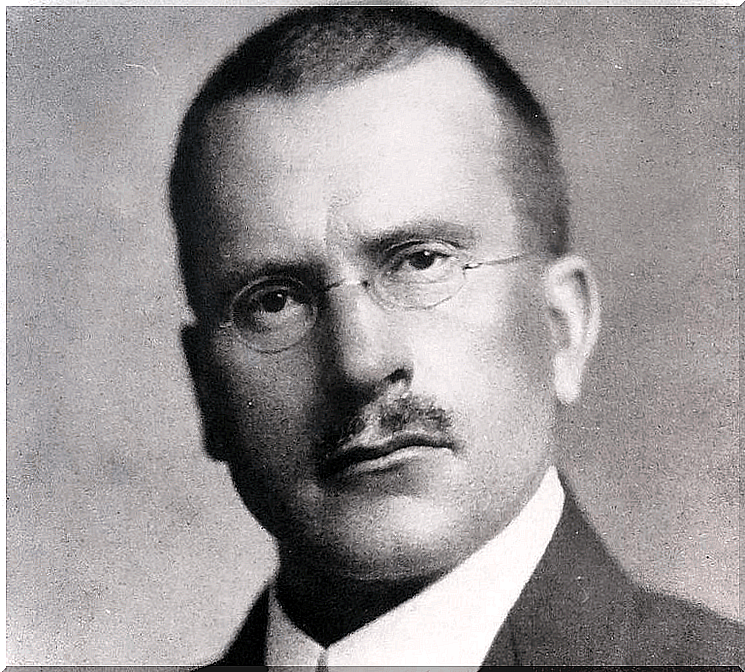
Freud’s political proposal for Jung
In formal terms, Freud offered Jung a position as a contributor to the new magazine he intended to create. On December 3, 1912, Jung responded to this offer and let Freud’s fixation on neurosis slip away. In view of this, Freud instructed him to “take care of his own neurosis more than that of his neighbor” (2).
Jung’s discontent with the Freudian attitude towards his innovations and those of other psychoanalysts is condensed in a sentence he addressed to Freud in a letter of December 18, 1912:
The end of a personal relationship
Correspondence between the two professionals began to decrease from this moment on. The controversy between Freud and Jung became clearer. In 1913, the IV International Congress of Psychoanalysis was held in Munich, in which both psychiatrists participated.
Psychoanalytic historiography, with Freud at its foundations, highlighted Jung’s inadequate and erratic behavior in this congress (2). However, other sources describe that the congress offered a different perspective.
Between October 1913 and April 1914, several psychoanalytic criticisms of Jung’s work emerged. It was these criticisms and their violence that caused the resignation of the president of the IPA (International Psychoanalytic Association) until that moment, Carl Jung.
The relationships between the two, as well as between them and the psychoanalytic movement, were problematic. The personal and professional relationship began as a formal relationship, evolving into a paternalistic tutelage by Freud. In the end, Jung’s detachment became evident.
Freud’s disappointment with Jung was marked by intense emotions, which can be clearly seen in the letters they exchanged, thus creating the controversy between the two psychoanalysts we are talking about. However, it is possible to say that the relationship these two men had was a great contribution to history (4).

